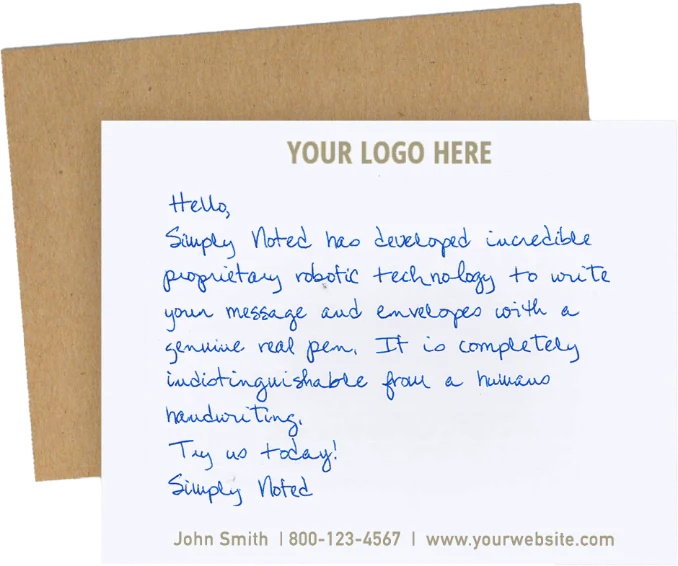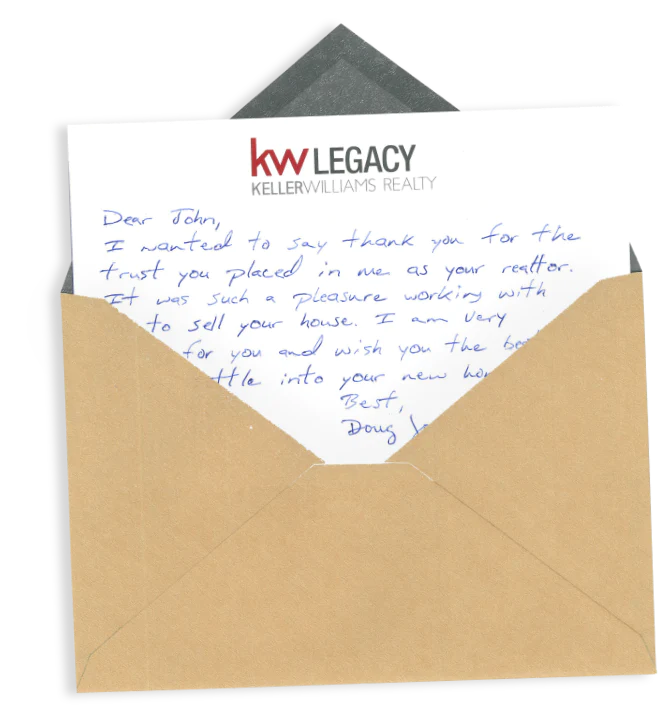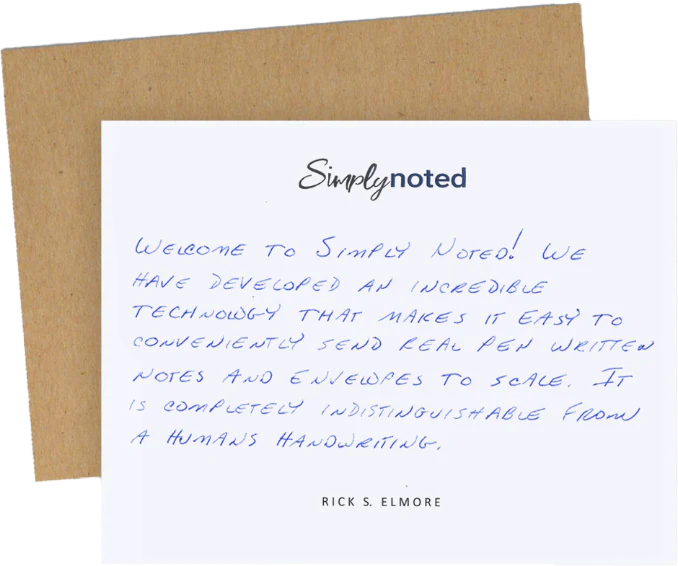How to Build Instant Rapport with Anyone

Build Instant Rapport with Anyone
We all know at least one person that can walk into a room full of strangers and emerge with a handful of great, new friends. They have easy banter with others and an ability to penetrate people's barriers. It appears effortless for them, and if you don't share their traits, there's a good chance you're a bit jealous of their ability.
For some, this natural social ease comes naturally. But for many others, it's a learned skill. Even some of the most gifted socializers came to their position through hard work and effort. They had mental baggage they needed to overcome, and they did.
This is good news for the rest of us. It means that any of us can build instant rapport with other people as long as we have the right mentality and strategies to open ourselves up to others.
You don't have to be jealous of the social butterflies in your life. You can match them conversation for conversation by employing the techniques you'll find below. They aren't hard to master, and they'll transform the way others identify with you.
Why Is It Difficult to Build Rapport?
Rapport is a close relationship or understanding between people. It's the result of similarities in opinions, backgrounds, or interests. In order to establish rapport, we need to find commonalities with the other individual and then focus on amplifying those similarities.
This can be difficult for a few reasons.
We may not know what our chat mate likes. We may not have anything in common with them. We may be shy and uncomfortable opening up to others.
On the flip side, the other person may be guarded and unwilling to share information about themselves. They might also want to connect but be unsure how.
Despite these difficulties, there are many benefits to building rapport, and there's a process you can follow to get better at it.

The Benefits of Building Rapport
There are both professional and personal benefits to building rapport with others. In your professional life, you'll find increased success and greater opportunities. Personally, you'll create wider friend circles and great relationships. Here are some of the most notable.
Professional Contacts
Professionally, building rapport allows you to create stronger, more productive relationships with your colleagues. You'll have an easier time networking and building trust. Ultimately, this will lead to better work relationships and increased productivity. Your business will benefit from wider connections and the confidence that comes from genuine communication. In business settings, having your voice heard will help you connect more effectively.
Personal Contacts
Personally, building rapport allows you to make more friends, strengthen your current relationships, and have more fulfilling interactions with others. You'll be seen as someone likable and trustworthy, which are both valuable commodities.
Now that you know the benefits of building rapport, let's look at some actionable strategies to help you do just that.

Strategies to Build Instant Rapport with Anyone
As you'll see, the most effective way to build rapport requires you to change your ideas about how you approach people. It's a process, both mental and physical, that can be followed for consistent success.
You can build connections with people quickly as long as you approach them openly and honestly. Personal and professional development is possible. Making a positive impression will begin to become second nature with practice. After reading these tips you'll have the idea. You'll just need to run with it.
Work on Yourself First
The way people view themselves often gets in the way of making positive first impressions. We can be our own worst enemy. This is because we often focus on our flaws and mistakes instead of our strengths. We're more critical of ourselves than we are of others.
This tendency needs to be addressed if you want to build rapport with others quickly. You need to start by accepting yourself for who you are, warts and all. Once you've done that, work on developing your strengths. When you're confident in yourself, it will show in your interactions with others.
For example, if you have self-esteem issues you might not think you're worthy of someone's interest. You might assume that their life is better than yours — they're more interesting and when they're talking, people care more about what they have to say. If this is how you view yourself and others, then it will be difficult to relate to them because you've created an unnecessary power imbalance.
Find techniques to help build your confidence. Your communication skills will improve and you'll make a better opening impression when you accept that you are an interesting, worthy person.

Start with a Positive Attitude
If you want to be seen as likable and trustworthy, you need to start with a positive attitude. People are drawn to those who are happy and upbeat. A positive attitude is infectious, and it will make others want to get to know you better.
When you meet someone for the first time, smile and make eye contact. Be genuinely interested in what they have to say. Show them that you're friendly and open to getting to know them. Remember, first impressions are everything, so make sure your attitude is positive.
Pay Attention to the Other Person and Find Commonalities
When you first meet someone, take a few minutes to listen to them and see if you can find any common ground. Are they from the same town? Do they like the same sports team? Do they have kids? Once you find a similarity, focus on amplifying it.
For example, if your conversation mate is from your hometown, talk about what it's like to live there. If they like the same sports team, ask them about their favorite game or player. If they have kids, ask them about their kids' ages and favorite activities. Current events is often a good topic area, but be careful to avoid difficult subjects like politics or religion.
When you find common ground you help to build trust; people tend to like others more when they can relate to them. People get a sense of whether you're like them based on how much you have in common.

Speak Slowly and Precisely
You can't connect properly with people if they can't hear what you're saying. You might be someone that speaks quickly, and while this conveys that you're excited to be in the conversation, it can also make it harder for your chat mate to understand you.
This is particularly true in business, where clarity is critical. Slow down and make sure you're understood. This is the flip side to active listening which we'll discuss shortly.
If you're having trouble slowing down, practice in the mirror or with a friend. Enunciate your words and make sure your sentences are easy to understand.
Understand That It's Not All About You
You don't get a second chance at a first impression. It's important to realize that part of this involves recognizing the other person more than yourself. If you're concentrating too much on yourself you'll miss a world of information they're trying to share with you.
Empathy requires you to put yourself in the other person's shoes. Ask open-ended questions and learn before you open your mouth.

Mirror Body Language to Create a Connection
Our body language can be a powerful tool for building rapport. Try to mirror the other's body language as much as possible. If they lean in, lean in too. If they cross their arms, cross your arms too. If they smile, smile back. When they make eye contact, don't shrink way. This will create a subconscious connection between you and the other person, making it easier to establish trust so they'll open up to you.
Mirroring the body postures creates empathy and the impression that you understand where the speaker is coming from. Mutual trust is possible because the speaker sees themselves in you. You can engage people by simply being present.
Ask Questions and Listen Actively
A great way to build rapport is by asking the other person questions and then listening actively. Not only does this show that you're interested in them, but it also gives you a chance to learn more about them. The more you know about someone, the easier it is to find similarities and establish rapport. So ask lots of questions and then make sure you listen to the answers!
This requires a shift in your thinking. People often assume that talking is the most important part of a conversation. After all, if you're quiet, how can you expect the other individual to get to know you. But this is wrong. If you talk incessantly, the other party won't be able to get in a word. The conversation will be one-sided.
Building connections requires you to listen far more than talk. By listening actively, you're giving the other person's contributions more significance. You're listening carefully to learn about them. You aren't thinking about the words you're going to use next. Instead, you're letting them guide the conversation and then weighing in only when appropriate.
People like to talk about themselves. Listening actively to their stories gives you information you can use to push the conversation forward.

Use Positive Body Language
In addition to mirroring the other person's body language, you can use your own to establish rapport. This includes things like smiling, making eye contact, and keeping your posture open. These small gestures will make you seem friendly and likable, which will help the other person feel comfortable opening up to you.
Your body attitude is important because it helps you show genuine interest. In the same way that asking questions shows that you're interested in what the other person is about, your posture and physical demeanor help convey your interest.
In your everyday interactions you'll encounter people that seem closed off, like they're avoiding intimacy. You can often feel this before they even speak. It's the language their body is speaking that provides the clues. Replacing negative body attitudes with positive ones will make a marked difference in your ability to build connections.
Be Genuine
The best way to build rapport is by being genuine. Don't try to pretend to be someone you're not. The other person will see through your facade and you'll only end up building a false relationship. Instead, be yourself and let the other person get to know the real you. They may not like everything about you, but they'll at least respect your honesty.
You will build great relationships and connect more effectively when you're honest with others. People want to know the real you. They want to hear your voice as genuine. None of the rest of the tips we've shared matter if the rapport you're building is false. Communication is highly personal, and subterfuge ruins the connection between people. So when you're talking, make sure it's the truth.

Be Present in the Conversation
If you've had the experience of talking to someone that seems like they're trying to move on to something else, you'll recognize how damaging this is to relatedness. There's little connection between you, and it feels like what you're saying doesn't matter because your stories are falling on deaf ears.
When you're talking to someone, be present in the conversation. Don't try to multitask or think about anything else. Focus on the person you're speaking to and give them your undivided attention. You might get stuck in conversations longer than you like but the personal nature of the interaction requires that you devote yourself to it.
This can be difficult, especially if you're not interested in the topic of conversation. But it's important to at least make an effort to pay attention. If you can't focus, let the other person know and politely end the conversation. Don't be dismissive or abrupt. As we mentioned earlier, be honest.
You Can Connect With Others. Start Practicing Today!
There are many different ways to build rapport with others, but these strategies are a great place to start. You can also send handwritten notes automatically with Simply Noted, but that's operating on a whole other level.
With a bit of practice, you'll find that building instant rapport is easier than you thought possible. And the benefits? Well, they're pretty amazing! So get out there and start connecting with people today!























